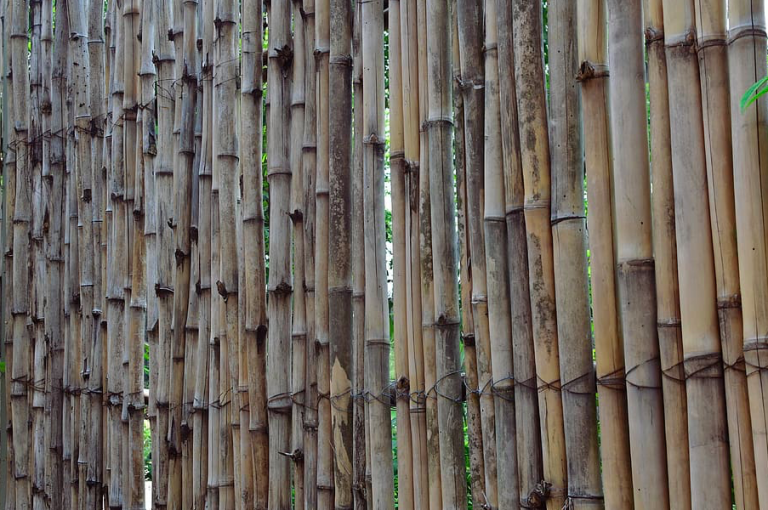Published on February 11, 2020

It’s possible to learn about sustainable building materials in a classroom setting. But now, it’s also possible to learn about this important topic while immersed in a bamboo “Green Village” in Indonesia, where villas are constructed almost entirely from bamboo. In addition to residing in a Green Village for a week, students in the new Engineering Indonesia: Green Building in the Global South (GBiGS) study abroad program will also participate in a bamboo construction workshop, where they will gain hands-on experience with this rapidly renewable material. “I will co-teach this part of the class with local community-based experts who build bamboo buildings,” says program director, assistant professor Amy Kim. “These experts have skills that are gained over a lifetime and passed down through generations.”
This is just one opportunity that awaits students participating in the GBiGS study abroad program, which kicks-off this fall. Students will learn about a variety of topics related to sustainable engineering design and infrastructure in the context of Southeast Asia. Partly funded by two UW Global Innovation Fund grants, and with support from UW’s Southeast Asia Center, the program will be undertaken in partnership with the University of Indonesia and Bandung Institute of Technology as well as industry partners in Indonesia.
“The students will engage with people from the government, private sector partners, NGOs and researchers from different backgrounds (civil, environmental, social science, electrical, mechanical, business, real estate and more) who are passionate about sustainable development and are contributing in different ways,” says Ph.D. student Lysandra Medal, who was involved in planning the program and will serve as the teaching assistant. “We want to provide an opportunity for students to explore and discover their interests in sustainability.”
As the fourth most populous nation, Indonesia was selected as the destination for the program due to unique challenges that the growing country faces. As a resource-rich country with electricity and fuel costs subsidized by the government, Indonesia has become one of Southeast Asia’s largest energy consumers. In addition to the challenge of conserving energy, the country also faces unique challenges in providing modern energy infrastructure throughout the country, due to aging and inadequate infrastructure.
“Indonesia has experienced fast gross domestic product growth and is considered the next Asian giant,” Kim says. “These reasons make pursuing sustainability opportunities in Indonesia prudent.”
The program is open to students in any field who have an interest in engineering, construction or environmentally sustainable development. The deadline for applications is February 15, 2020. Learn more.
Continue reading at UW Civil and Environmental Engineering.
Originally written for UW Civil and Environmental Engineering.